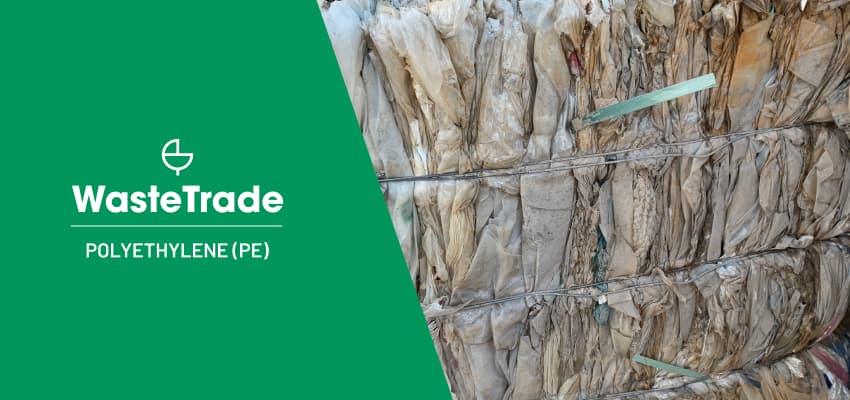Plastic pollution has achieved situation degrees worldwide, with an incredible number of loads entering our oceans annually. High-Density Polyethylene (HDPE) recycling emerges as a robust treatment for combat this environmental problem while producing economic opportunities.
Recycle HDPE> identifiable by recycling code #2, represents one of the most recyclable materials available. Found in milk containers, detergent containers, and searching bags, this flexible product can be transformed in to new services over and over repeatedly without substantial quality degradation.

The Environmental Influence of HDPE Recycling
Recycling HDPE delivers considerable environmental benefits that increase much beyond waste reduction. Every lot of recycled HDPE prevents approximately 1.8 tons of co2 from entering the atmosphere in comparison to providing virgin plastic. This extraordinary decrease occurs since recycling involves 88% less energy than manufacturing new HDPE from petroleum.
Ocean pollution receives substantial reduction through successful HDPE recycling programs. Reports show that appropriate recycling programs prevent around 200,000 tons of HDPE waste from hitting underwater situations annually. That protection proves crucial for underwater ecosystems, where plastic debris threatens wildlife through ingestion and habitat destruction.
Landfill diversion represents yet another important advantage. HDPE requires approximately 450-1,000 decades to decompose naturally. Recycling applications successfully divert an incredible number of tons from landfills, preserving valuable land assets and preventing poisonous leachate from damaging groundwater systems.
Economic and Resource Conservation Advantages
HDPE recycling produces considerable economic price while conserving natural resources. The recycling method uses 40% less water than virgin plastic creation, approaching growing considerations about commercial water consumption.
Energy conservation reaches outstanding degrees through HDPE recycling. Control recycled HDPE needs only 12% of the vitality needed for virgin plastic manufacturing. This efficiency means decreased fossil fuel consumption and lower greenhouse gasoline emissions over the production cycle.
Work development emerges as an unexpected advantage of extended recycling programs. The recycling market engages a lot more individuals per lot of product refined compared to traditional spend disposal methods, supporting local economies while handling environmental challenges.
Maximizing HDPE Recycling Performance
Several strategies may improve HDPE recycling success rates. Appropriate sorting remains essential, as contamination reduces recycling efficiency and end-product quality. People must clear containers extensively and remove labels when probable before placing products in recycling bins.
Community education applications considerably increase participation rates. Parts with comprehensive recycling education show 35% higher HDPE healing costs compared to regions without targeted outreach efforts.
Developing a Sustainable Future

HDPE recycling presents a functional, scalable alternative for lowering plastic pollution while generating financial benefits. Through proper implementation of recycling applications, areas may substantially minimize their environmental footprint while making useful assets from spend materials.
The path forward involves extended expense in recycling infrastructure, community training, and scientific advancement. By adopting HDPE recycling, society takes important steps toward handling plastic pollution while developing a more sustainable future for ages to come.
